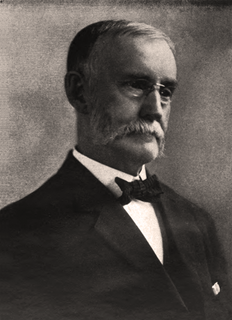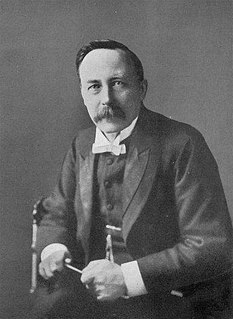A Quote by Joseph B. Wirthlin
Duty is too often what one expects from others and not what one does.
Related Quotes
Kant does not think there is anything wrong with being beneficent from sympathy. He thinks we have a duty to cultivate sympathetic feelings by participating in the situations of others and acquiring an understanding of them. He thinks we also have a duty to make ourselves into the kind of person for whom the recognition that something is our duty would be a sufficient incentive to do it (if no other incentives were available to us). That's what he means by "the duty to act from the motive of duty".
The citizen who thinks he sees that the commonwealth's political clothes are worn out, and yet holds his peace and does not agitate for a new suit, is disloyal, he is a traitor. That he may be the only one who thinks he sees this decay, does not excuse him: it is his duty to agitate anyway, and it is the duty of others to vote him down if they do not see the matter as he does.
Can the state, which represents the whole of society and has the duty of protecting society, fulfill that duty by lowering itself to the level of the murderer, and treating him as he treated others? The forfeiture of life is too absolute, too irreversible, for one human being to inflict it on another, even when backed by legal process.
We speak much of the duty of making others happy. No day should pass, we say, on which we do not put a little cheer into some discouraged heart, make the path a little smoother for someone’s tired feet, or help some fainting robin unto its nest again. This is right. We cannot put too great emphasis upon the duty of giving happiness and cheer to others. But it is no less a duty that we should be happy and cheerful ourselves.
The General most earnestly requires, and expects, a due observance of those articles of war, established for the government of the army which forbid profane cursing, swearing and drunkenness; and in like manner requires and expects, of all officers, and soldiers, not engaged on actual duty, a punctual attendance on divine service, to implore the blessings of heaven upon the means used for our safety and defence.




































